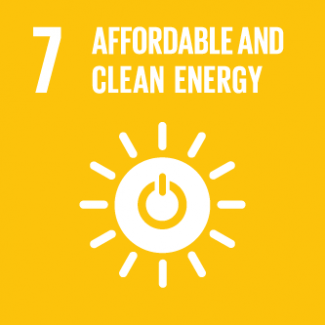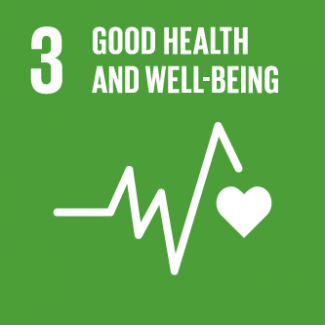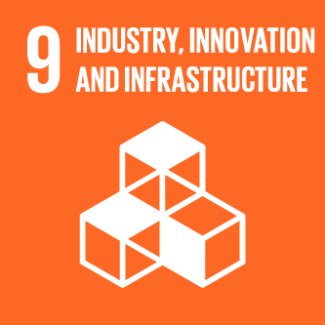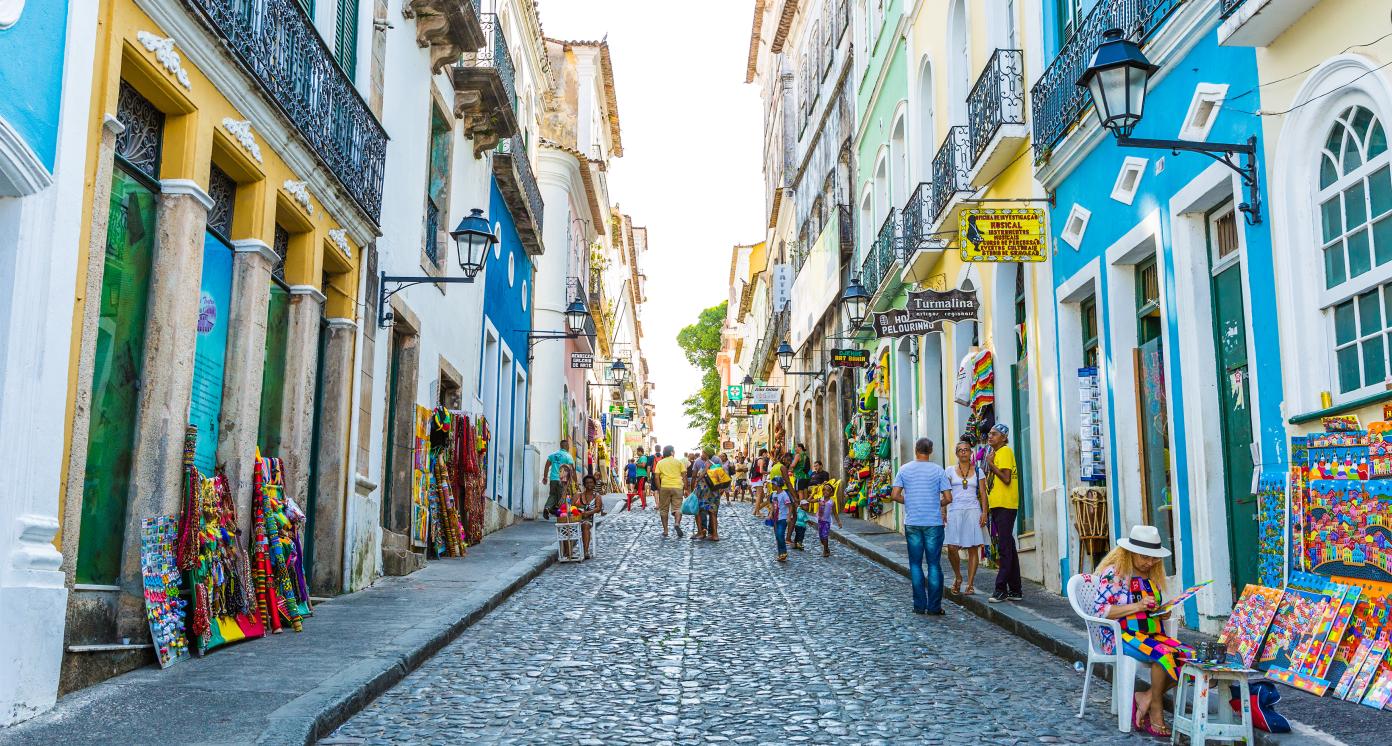The COVID-19 pandemic exposed Brazil to an unprecedented health and economic challenge. To contain the pandemic, Brazil implemented social measures to slow the spread of the virus and contain its impact on the health system capacity, which is uneven across the country. COVID-19 hit as Brazil was still recovering from its 2014-16 recession. Economic recovery remained weak and fiscal policy space limited since the peak of the recession in 2015-2016, with GDP growth below 2% in the following years.
The pandemic, and the health policy response to it, resulted into a sharp decline of external and domestic demand while also constraining supply. It has brought uncertainties to the macroeconomic policy framework, especially in the fiscal area, which translate into downside risks, thus calling for strong fiscal consolidation and the adoption of structural reforms in 2021, as soon as the spread of the disease is controlled.
To protect the most vulnerable people, the Government put forward a large, timely, targeted and time bound fiscal package focused on social assistance. The cost of this package was estimated at BRL 815.5 billion (USD 156.8 billion), or 11.4% of GDP in 2020. The large fiscal stimulus limited the annual contraction in 2020 to 4.1%. The economy experienced a robust rebound, with growth reaching 5.0% in 2021 and 2.9% in 2022. This resurgence was driven by several factors, including a substantial fiscal stimulus, a successful vaccination campaign, favorable conditions in commodity markets, and increased demand for services. Looking ahead, growth is expected to remain steady in 2023, with a projected rate of 2.6%. This growth will be primarily powered by the agriculture sector and further bolstered by increased consumption by households and government.
21



Renewable Resources and Alternative Energy, Infrastructure, Food and Beverage
0.765
How is this information gathered?
SDG Investor Maps employ an 8-step methodology, combining data research and stakeholder consultations to identify Investment Opportunity Areas (IOAs) and potential business models with significant financial and impact potential.
Disclaimer
UNDP, the Private Finance for the SDGs, and their affiliates (collectively “UNDP”) do not seek or solicit investment for programmes, projects, or opportunities described on this site (collectively “Programmes”) or any other Programmes, and nothing on this page should constitute a solicitation for investment. The actors listed on this site are not partners of UNDP, and their inclusion should not be construed as an endorsement or recommendation by UNDP for any relationship or investment.
The descriptions on this page are provided for informational purposes only. Only companies and enterprises that appear under the case study tab have been validated and vetted through UNDP programmes such as the Growth Stage Impact Ventures (GSIV), Business Call to Action (BCtA), or through other UN agencies. Even then, under no circumstances should their appearance on this website be construed as an endorsement for any relationship or investment. UNDP assumes no liability for investment losses directly or indirectly resulting from recommendations made, implied, or inferred by its research. Likewise, UNDP assumes no claim to investment gains directly or indirectly resulting from trading profits, investment management, or advisory fees obtained by following investment recommendations made, implied, or inferred by its research.
Investment involves risk, and all investments should be made with the supervision of a professional investment manager or advisor. The materials on the website are not an offer to sell or a solicitation of an offer to buy any investment, security, or commodity, nor shall any security be offered or sold to any person, in any jurisdiction in which such offer would be unlawful under the securities laws of such jurisdiction.



















